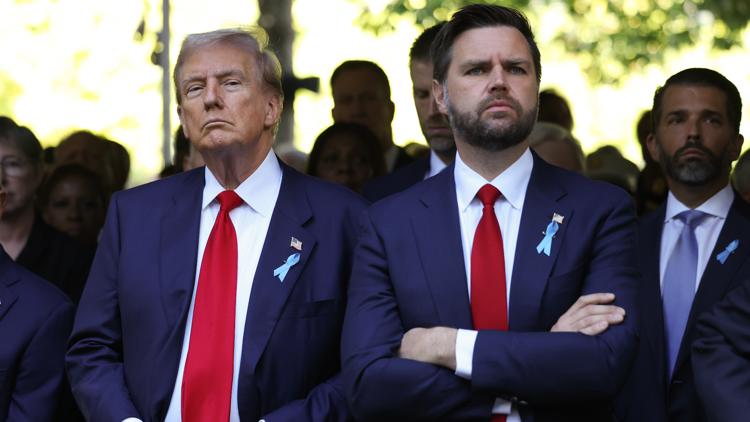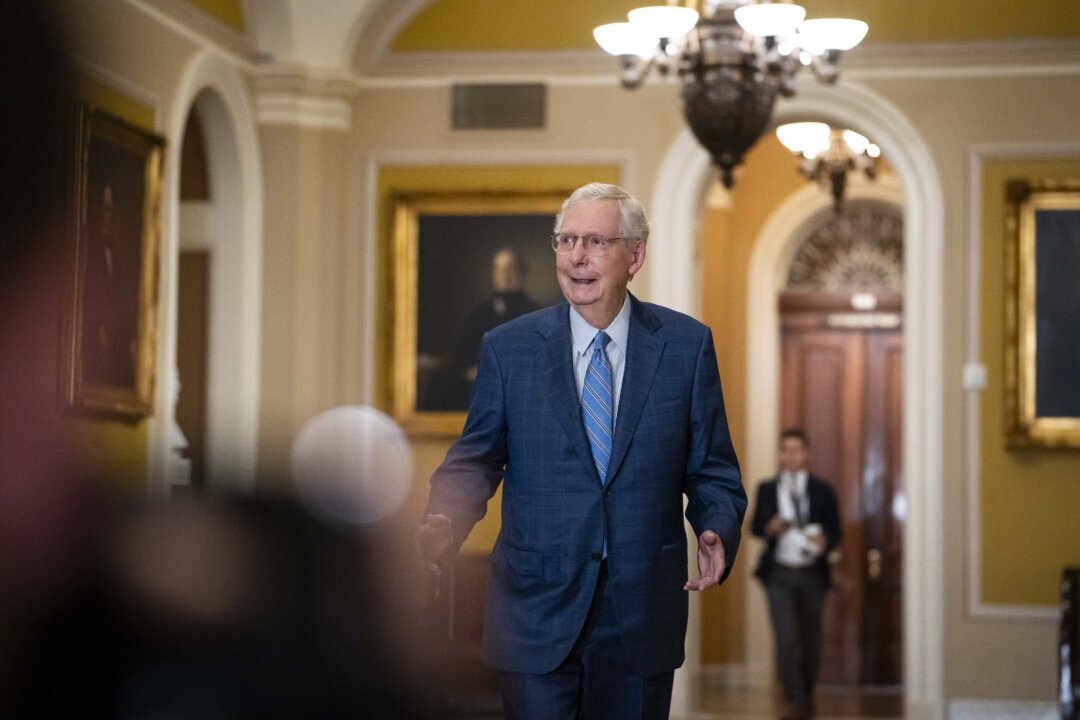
OTTAWA—It’s set to bring in billions of dollars the federal government is keen to have. But Ottawa must first fend off a resistant United States before it can collect. The Trudeau government’s digital services tax — to be paid by the world’s digital giants operating in Canada — kicks in this year.
However, a trade challenge from the U.S. and the re-election of Donald Trump has business groups and even Premier Doug Ford calling on Ottawa to back down out of fear of retaliation.
“We cannot put millions of Canadian jobs and our historic economic partnership with the U.S. at risk because of a stubborn refusal to listen to the concerns of our American friends,” Ford .
Now, the stakes could rise with the return of a Trump administration threatening tough tariffs with trade deal negotiations on the horizon. Here’s what you need to know about the digital services tax. For several years, there have been global negotiations on how to tax the revenues from economic activity generated online, by large companies operating in other countries.
Supporters in Canada have argued the tax is necessary because global digital giants aren’t paying their fair share of taxes. The Liberals first promised a tax in 2019. But Canada has always said its priority is a global agreement.
Those negotiations, however, have stalled. Impatient with that process after several delays, Canada and other countries decided to impose their own taxes until there is progress on the global efforts. The U.
K., France, Italy and India are among countries which have already put a digital services tax in place. Others have agreed to hold off until at least 2025.
Foreign digital giants that make more than $20 million in Canada and more than 750 million euros globally in annual revenues will now have to pay a three per cent tax on revenues earned within Canada. It is expected to generate $900 million per year, but Ottawa will get $2.3 billion in its first year because it would apply retroactively to revenues generated since 2022.
Katrina Miller, the executive director for Canadians for Tax Fairness, told the Star that having our own digital services tax puts pressure on other countries to get a global deal done and could foster increased competition in Canada. But the U.S.
sees things differently. The U.S.
has argued that unilateral digital service taxes “discriminate against U.S. companies,” because it’s mostly American companies that meet the revenue threshold.
The previous Trump administration launched investigations against countries which made the move, and even imposed retaliatory measures in some cases. But President Joe Biden’s White House was more open to putting retaliatory measures on hold in an effort to reach a global deal. When Canada announced its own tax would proceed this summer, arguing it was unfair for Canada to wait as negotiations stalled, the U.
S. challenged it under the two countries’ trade agreement, launching a period of dispute settlement consultations — a less heavy-handed approach in which the two countries hold official conversations in hopes of resolving the issue. The deadline for those consultations quietly passed last week without a resolution — Canada remains committed to the tax in the absence of an international agreement — giving the U.
S. the option to proceed further by requesting a dispute settlement panel. But given the Biden administration’s lame-duck position, some observers and a government official who spoke to the Star suggested it could be left to the incoming Trump administration to deal with Canada’s tax.
Even if the Biden administration proceeds with its complaint, that process is unlikely to be complete before Trump takes power in January — and the U.S.’ argument is not “their strongest against Canada,” said William Pellerin, an international trade lawyer with McMillan LLP.
“Ultimately, it’s one that’s going to be ...
probably best dealt with politically rather than through the litigation process,” Pellerin told the Star. Since the Canadian government announced the tax, fears of devastating retaliatory measures has had business groups here calling for the Trudeau government to back off. And those warnings are taking on new urgency as Canada prepares for a Trump administration that has resorted to strong-armed political responses in the past.
Canada will have to renegotiate the U.S. and Mexico agreement with a Trump administration that has slapped tariffs on Canadian goods before and promised during the last election to implement a 10 per cent tariff on all goods coming into America.
“Trump is ready to use what we would call in the trade world the ‘nuclear option,’” Pellerin said. Jessica Brandon-Jepp, the senior director of fiscal and financial services policy at the Canadian Chamber of Commerce, told the Star she worries Canada’s new tax could threaten the nearly $3.6 billion (2023 figures) of goods and services that cross the border each day.
“This particular tax is not going to bring in nearly as much as the damage that it has the potential to do for the Canadian economy and our trading relationship,” she said in an interview. Pellerin said the federal government could be open to negotiating the terms of its tax during trade talks with the U.S.
, but the large revenues may be too difficult to give up. The Trump transition team did not return a request for comment about how it plans to handle this issue. Asked several times in the last few weeks about how she will deal with a Trump administration on the issue, Finance Minister Chrystia Freeland would only point to the countries with their own digital services taxes, including France and Italy which have not faced retaliatory measures from the U.
S. On Tuesday, she suggested it would be unfair to Canada if we faced retaliatory measures for doing the same as other countries. We simply believe that Canada should be on a level playing field, on an even footing, with our G7 partners,” Freeland told reporters in Ottawa.
.














